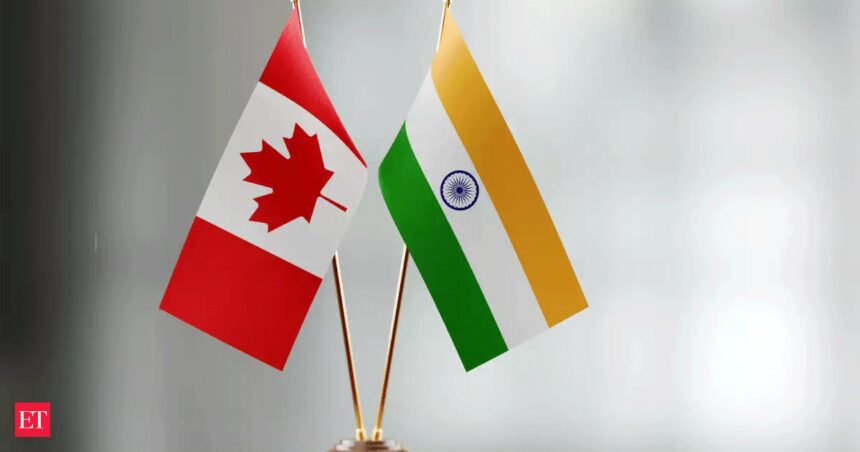India is not anticipating any immediate impact on its trade relations with Canada despite the current diplomatic tensions between the two countries. Officials have stated that the bilateral trade between India and Canada is not substantial enough to significantly affect overall trade. Recent trade discussions with the US and UAE have shown a willingness for increased investments in India.
The diplomatic tensions escalated when Canada accused India of involvement in the killing of a Canadian citizen and Sikh separatist leader, leading to the withdrawal of the Indian high commissioner from Canada. However, despite this, the merchandise trade between the two nations has seen slight growth, with imports from Canada increasing to $4.6 billion and exports dipping slightly to $3.8 billion in FY24.
Ajay Srivastava, founder of the Global Trade Research Initiative (GTRI), emphasized that economic ties between the two countries have remained stable amid the political turmoil. Opportunities for Indian businesses and students abroad are still abundant, with industries from the western world showing interest in investing $3 trillion in India.
Although the diplomatic dispute persists, both countries have not introduced any regulations that would hinder the flow of goods and services between them. Indian officials are considering diversifying lentil imports from Ottawa by purchasing more from Australia under an existing quota. Additionally, alternative suppliers for pulses, such as Mozambique, Myanmar, Australia, and Tanzania, are being explored to reduce dependence on Canada, which currently supplies around 25% of India’s pulses.
Furthermore, India is looking into sourcing fertilizers from other countries like Russia and Oman, as it currently obtains about 5% of its fertilizer requirements from Canada. Despite the political tensions, businesses from both nations are continuing to engage, demonstrating resilience in the face of diplomatic challenges.










